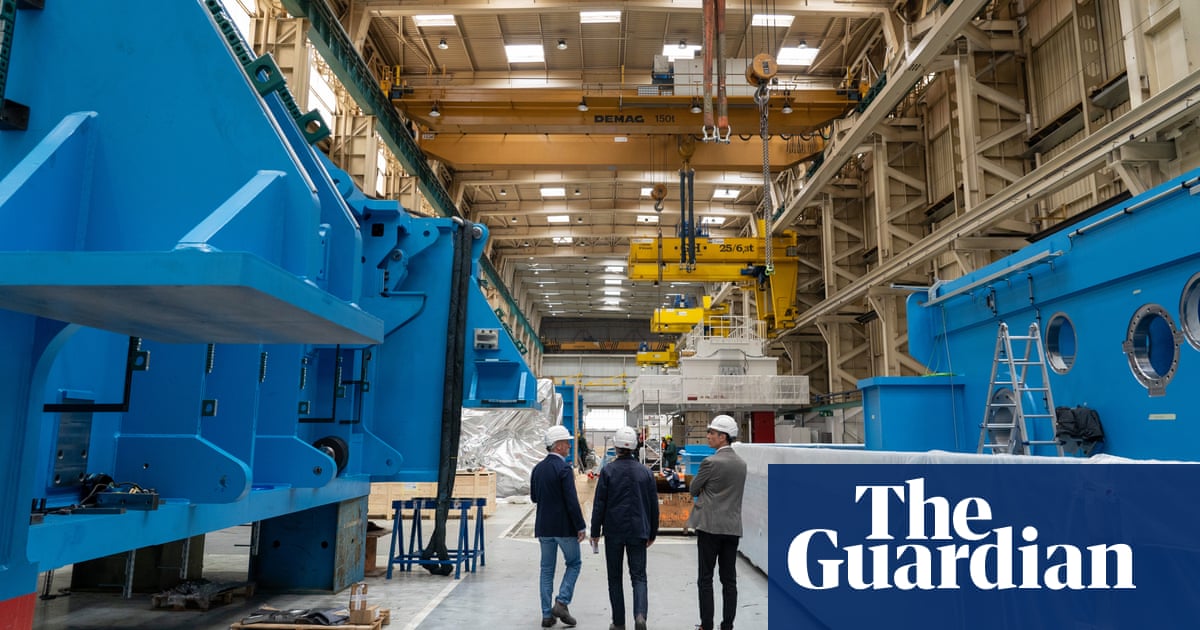When Marisa Fernández lost her husband to cancer a few years ago, her employers at the Eroski hypermarket went, she says, “above and beyond to help me through the dark days afterwards, rejigging my timetable and giving me time off when I couldn’t face coming in.”
She had a chance to return the favour recently when the store, in Arrasate-Mondragón in Spain’s Basque Country, was undergoing renovations. Fernández, 58, who started on the cashier desk 34 years ago, and now manages the store’s non-food section, volunteered to work extra shifts over the weekend along with her colleagues to ensure everything was ready for Monday morning. “It’s not just me. Everyone is ready to go the extra mile,” she says.
Such harmonious employer-worker relations are the stuff of corporate dreams, and they are no accident here: the Eroski retail chain is part of Mondragón Corporation, the largest industrial co-op in the world. As a fully signed-up member, Fernández co-owns part of the supermarket chain that also employs her. “It feels like mine,” she says. “We work hard, but it’s a totally different feeling from working for someone else.”



Here’s where it gets rough. The biggest problem isn’t “funding.” It’s people working solely for money and nothing else.
If you really care about X, then you should be willing to put in the work even if it doesn’t give you the most money in return.
As long as, at all levels of society, people prioritize wealth over results, these problems will not get solved.
That’s nice and all, but only works for people that already have money. Food isn’t free. Housing isn’t free. Heck, water isn’t free
EDIT: want to go through the maths to extrapolate this privilege.
Let’s say you need one small team to deliver a novel product, say 5 people. Let’s assume they all live in Europe and just need enough to survive - say, 20,000 euros a year. A lot of ground work has been done, so it’ll only take two years to go from concept to R&D to something to show a potential buyer.
So you have about 100,000 euro per year cost to just keep everyone fed, housed, and clothed not including any equipment, software, licensing etc costs. Assuming there are no costs but just keeping everyone fed and alive the co-op needs 200,000 euros in the bank or alternative funding to get the product in a sellable (note: not finished) state.
In project management in tech (my background) a good rule of thumb is staff cost = 1/3 of costs. However, let’s say we’re being super lean and can self-source the more expensive equipment and just have to think about licenses for core software so let’s make that number 1/2 of cost.
So for the two years of operation to get the product into a position where it can be taken to potential customers, the business would need approx 400,000 euros before a product hits a shelf.
And that’s why funding is a problem.